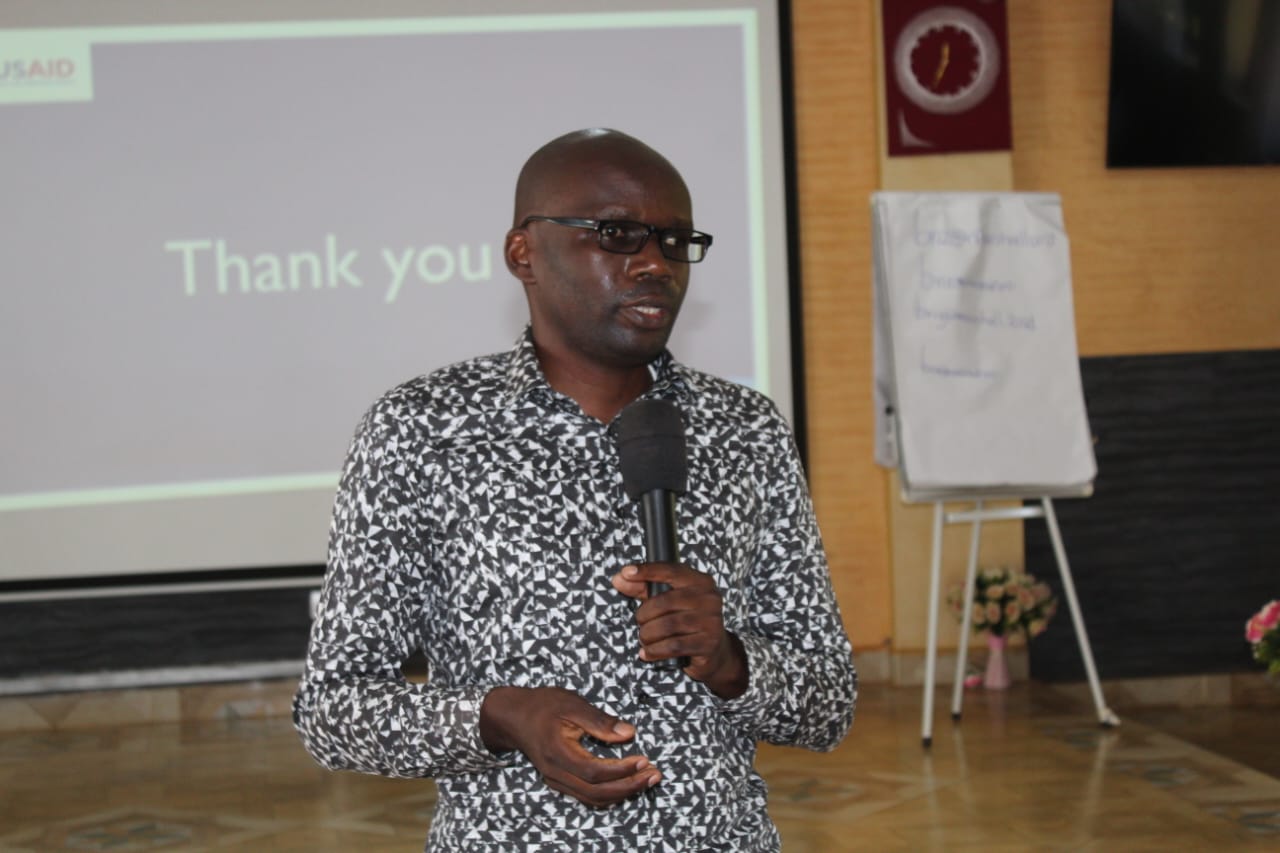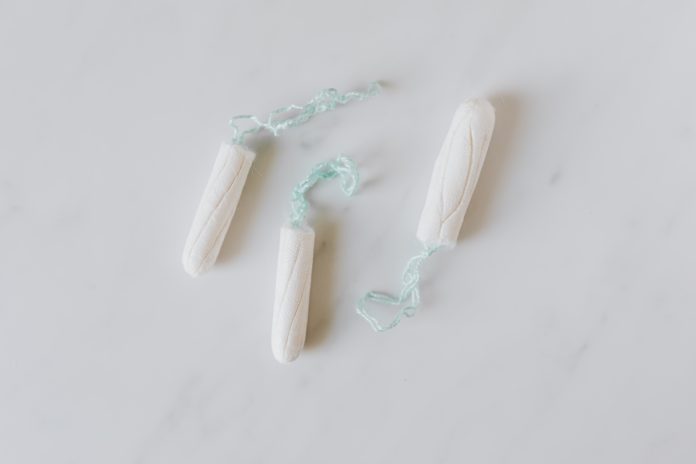By Gilbert Ochieng
Busia County, Kenya: Health experts have called upon Busia residents to train more Menstrual Hygiene Management (MHM) champions. This will help in concerted efforts to improve Sanitation.
Addressing participants during a two-day workshop of the Western Kenya Sanitation Project (WKSP), Busia County Public Health Officer, Joseph Oprong said there are only four MHMs in the county including himself, First Lady Judy Ojaamong, public health officer, Priscilla Juma, and Butula Sub County PHO, Winnie Mulamba.
“We were the first cohort of MHMs to be trained in Naivasha after the program was launched in India. We need the number to be upscaled to have at least one MHM champion in each sub-county,” he said.
Oprong also noted that menstrual waste disposal has been a major challenge which calls for the introduction of burning chambers in learning institutions to address the anomaly.
He said there is also a need to create awareness in schools regarding the disposal of menstrual waste and offer inherent solutions.

The challenge of menstrual waste disposal dominated the inception meeting as it also emerged that the sewerage coverage in Busia County stands at 2 percent.
WKSP Deputy Chief of Party, Roselyne Okwiri there is a need to come up with customer-centered products that are sustainable and that can be replicated, adding that this is the way to go.
” We are not reinventing the wheel but we are striving to come up with affordable product aimed at finding a lasting solution to menstrual waste disposal challenges in learning institutions,” she said.
Oprong urged WKSP to start from where AMREF FINISH and AMREF KSHIT left in terms of offering support to Community Health Volunteers and public health staff in capacity building and sanitation products.
MHM Lead, Neville Okwaro said the disposal of used waste is still a major challenge that needs concerted efforts to address especially in learning institutions.
” The President signed the Basic Education Amendment Act 2017, placing the responsibility of providing free, sufficient and quality sanitary towels to every girl child registered and enrolled in a public basic education institution and has reached puberty on the government,” he said.
Okwaro said despite that noble idea to ensure mechanisms on disposal have been put in place, that is still lacking in our schools.
He added: ” Assuming there are one million girls who have reached puberty, it will pose a great challenge in disposing of menstrual waste, hence the need to incubate homegrown solutions.”














